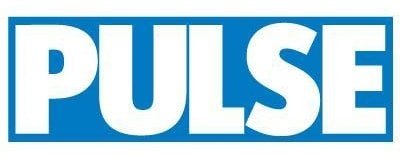Proton Pump Inhibitors

About Proton Pump Inhibitors
Proton pump inhibitors (PPIs) are commonly used to treat acid reflux and stomach irritation. Untreated, stomach irritation can lead to an ulcer.
Some medications such as non-steroidal anti-inflammatory drugs (eg ibuprofen, naproxen, diclofenac) increase the risk of stomach irritation and so PPIs are prescribed alongside them to prevent this side effect.
Another common short term use of PPIs are alongside antibiotics for the treatment of a stomach bug called Helicobacter pylori which can cause acid reflux and ulcers.
Most PPIs are prescription only. You can buy low doses of some PPIs from the pharmacies, however, if you need to use this medicine for more than four weeks you should consult your doctor.
How do Proton Pump Inhibitors work?
Proton pump inhibitors reduce the amount of acid made by your stomach. Your stomach produces acid, via the 'proton pump' to help with the food digestion and to kill foreign bacteria. The body has its own mechanisms which protects most people from excess acidity, however in some people these mechanisms are insufficient, and they can develop acid reflux and are at risk of a stomach or gut ulcer.
By stopping the cells lining the stomach producing too much acid, PPIs help to cure acid reflux, stomach irritation and ulcers.












